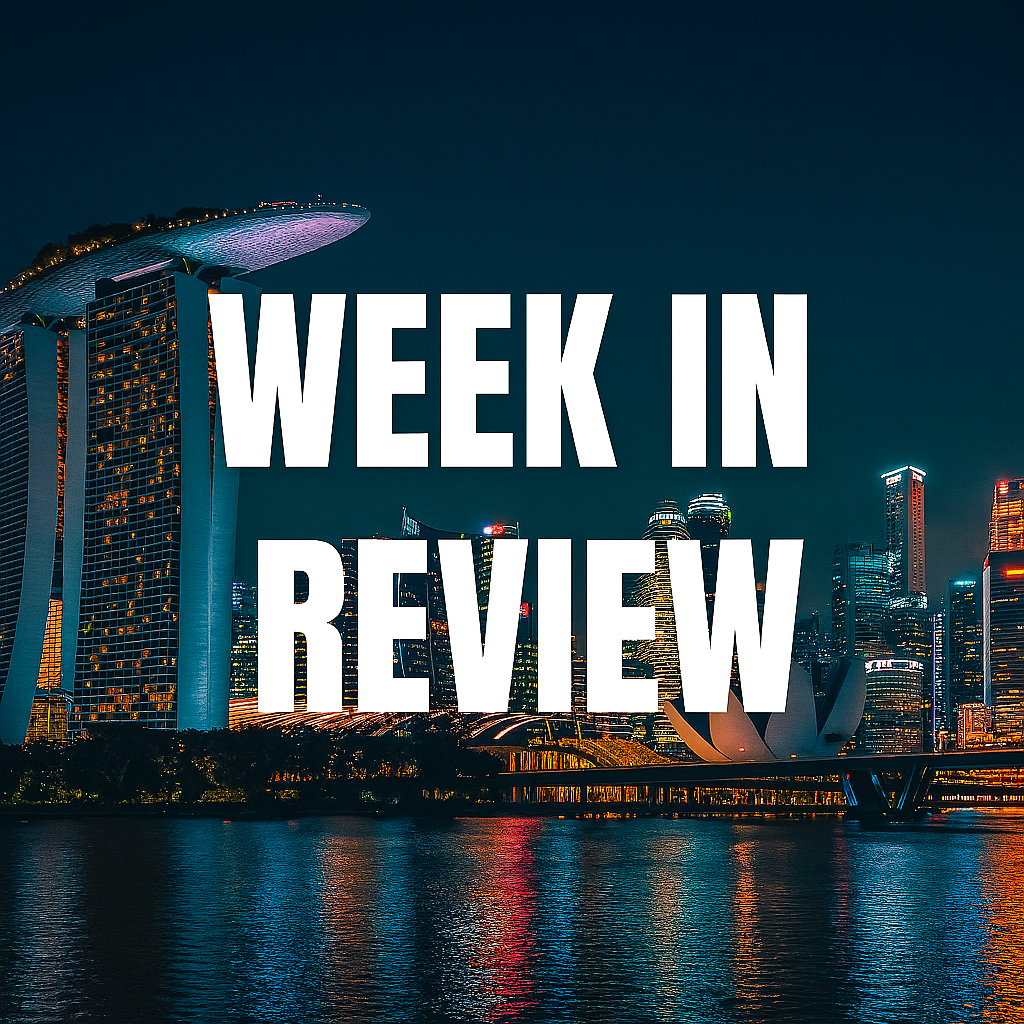🇺🇸 United States: Trump’s Peace Deal and Nuclear Transparency Reassert Global Power
President Donald Trump’s visit to Tel Aviv this week marked the implementation of a U.S.-brokered ceasefire between Israel and Hamas. The deal secured the release of 20 Israeli hostages and nearly 2,000 Palestinian prisoners. While mainstream outlets focused on humanitarian optics, conservative analysts see this as a bold reassertion of American strategic dominance in a region increasingly influenced by Iran and China.
Trump’s visit was accompanied by a military flyover and a symbolic reaffirmation of U.S. support for Israel. Critics argue the deal may incentivize future hostage-taking, but supporters view it as a calculated move to restore deterrence and transactional diplomacy. The right-leaning narrative emphasizes Trump’s pivot from passive multilateralism to hardline engagement, countering adversarial influence with decisive action.
Simultaneously, Newsweek released exclusive footage from inside a U.S. ballistic missile submarine—the first public glimpse into the nuclear triad in decades. This transparency underscores the administration’s push to modernize and showcase America’s strategic capabilities amid rising global threats.
Domestically, Portland saw tactical-vested protesters clash with federal officers at an ICE facility. Trump’s attempt to deploy the National Guard was temporarily blocked by a federal judge, reigniting debates over federal authority and immigration enforcement. The administration maintains that restoring law and order is essential, especially as border security remains a flashpoint.
🇵🇭 Philippines: DPWH Fire Sparks Corruption Probe Amid Infrastructure Scandal
A suspicious fire at the Department of Public Works and Highways (DPWH) office has triggered a high-level investigation into possible arson linked to a ₱5 billion flood control scandal. Right-leaning commentators argue this incident exposes deep-rooted corruption networks that have long siphoned public funds under the guise of infrastructure development.
Justice Secretary Jesus Crispin Remulla ordered a forensic audit and criminal probe, citing concerns that the blaze may have been orchestrated to destroy incriminating documents. The scandal involves ghost projects, inflated contracts, and shell companies tied to former officials. Conservative voices are calling for military oversight of key infrastructure agencies to restore public trust.
The incident comes as the Marcos administration pushes for transparency and fiscal discipline amid rising debt and inflation. Critics of the previous administration claim systemic graft was deliberately concealed, and the fire may be the latest attempt to erase evidence. The right sees this as a pivotal moment to clean house and reinforce national integrity.
🌏 Southeast Asia: U.S. Tariff Crackdown Hits Chinese Transshipment via ASEAN
The U.S. has closed a major tariff loophole exploited by Chinese firms rerouting exports through Southeast Asia. A new 40% transshipment levy targets companies using ASEAN nations as proxy exporters to bypass trade restrictions. Right-leaning analysts hail the move as a long-overdue defense of American manufacturing and a blow to Beijing’s economic encirclement strategy.
Vietnam, Malaysia, and Thailand—key nodes in the rerouting network—face economic fallout. Local firms tied to Chinese supply chains are bracing for layoffs and contract losses. The crackdown also exposes the fragility of Southeast Asia’s export-dependent economies and their overreliance on Chinese capital.
Washington’s move signals a shift toward economic nationalism and strategic decoupling. The right argues that ASEAN must choose between sovereignty and dependency, and that U.S. pressure will force regional governments to reassess their industrial policies. The tariff hike is not just economic—it’s a geopolitical message.
🇯🇵🇰🇷🇨🇳 East Asia: Japan’s AI Porn Arrest Sparks Tech Ethics Debate
Japan has made its first arrest in an AI-generated pornography case involving deepfakes of over 260 women. The suspect allegedly earned $8,000 selling explicit images of celebrities, raising alarm over the misuse of generative tech. Right-leaning voices argue this case highlights the urgent need for national regulation and moral safeguards in tech innovation.
The arrest comes amid broader concerns about digital sovereignty and cultural erosion. Conservative lawmakers are pushing for stricter content laws and biometric protections, warning that unchecked AI could undermine social cohesion and national dignity. The right sees this as a wake-up call for Japan to lead in ethical tech governance.
Meanwhile, South Korea repatriated 64 cyber scam suspects from Cambodia, and North Korea saw another soldier defect across the DMZ. These developments underscore the region’s volatile security landscape and the need for stronger border controls and intelligence coordination.
🌐 Asia Pacific: Press Freedom Under Fire as Journalists Face Treason Charges
The October bulletin from the International Federation of Journalists (IFJ) highlights escalating threats to press freedom across the Asia Pacific. Two Cambodian journalists have been charged with treason, while Filipino journalist Frenchie Mae Cumpio remains incarcerated. Right-leaning observers argue that while press freedom is vital, national security must not be compromised by activist journalism.
The Maldives faces backlash over its new Media Control Bill, and Nepal saw widespread media rights violations during anti-corruption protests. The right calls for a balance between transparency and sovereignty, warning that foreign-funded media often serve ideological agendas that destabilize local governance.
In response, Indonesia and the Philippines are exploring alternative media coalitions to counter biased narratives. The conservative view emphasizes the need for patriotic journalism that defends national interests and cultural values. Press freedom, they argue, must be rooted in responsibility—not activism.




